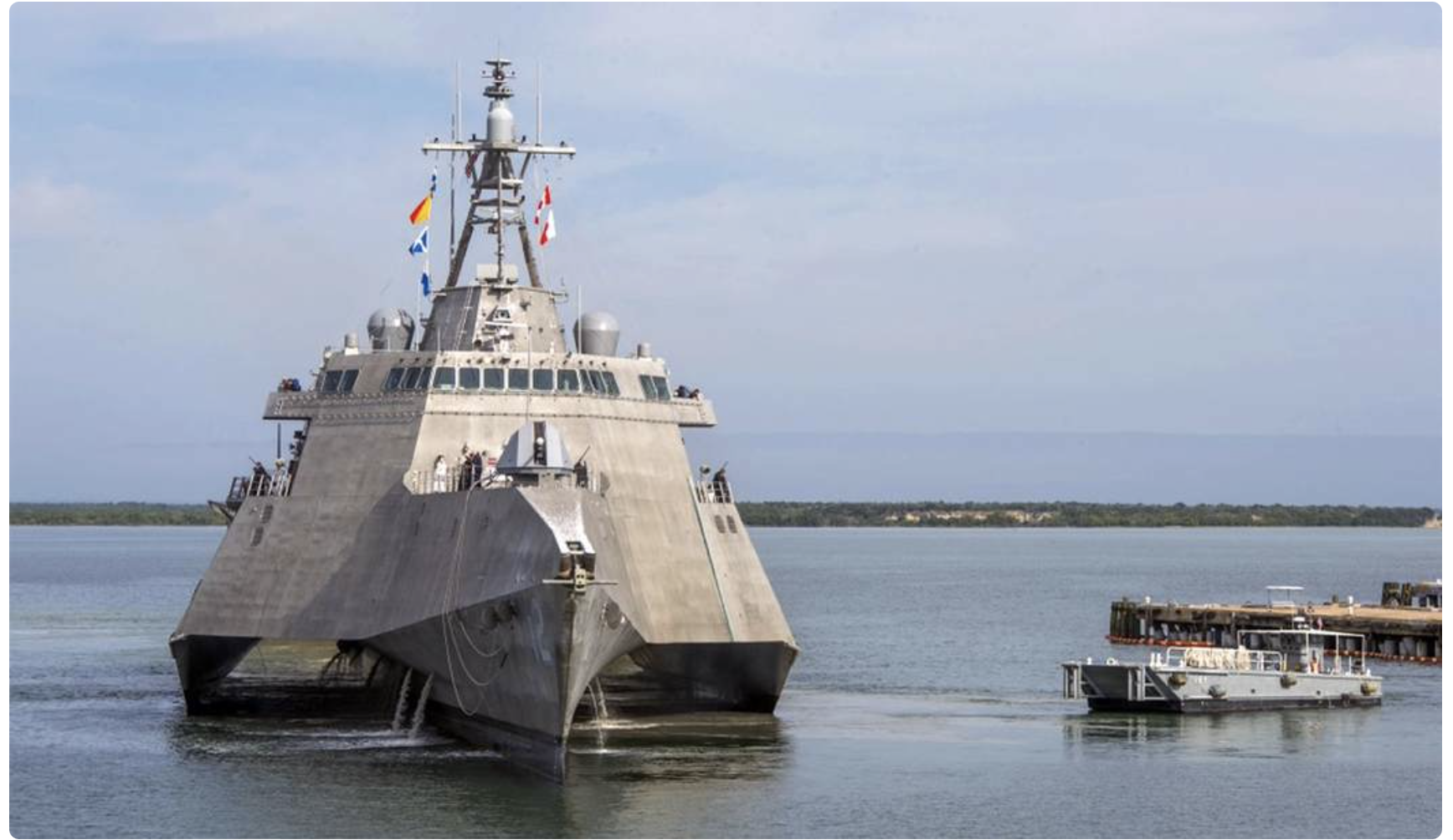"The Navy demanded six ships, the economists wanted four, Parliament gave them eight". Winston Churchill
/congress to the rescue
For once, the Navy tried to do the right thing — then the politicians stepped in
…[E]very once in a while, the services do it right. They see a program that doesn’t measure up, and they make the tough decision to get rid of it. They forgo a capability, opt for efficiency and call for going back to the drawing board.
The Navy has made this … decision with the Freedom Class Littoral Combat Ship. These are small and fast ships – they can go up to 50 miles per hour – designed to operate in shallow water near shorelines against asymmetric threats such as the gun boats used by Iran.
But the ships have never worked as planned. It took 12 years longer than expected to produce the first ships, and they came in at more than $500 million per unit – more than twice their estimated cost of $220 million. Navy officers referred to them as the “Little Crappy Ship,” because they did not live up to the expectations of the rank-and-file who had to use them.
…
[T]he Navy gave up and announced it was retiring nine of the 10 ships it had deployed, even though they averaged only 4 years old and were designed to last 25 years.
What we’ve had since is a lesson in why these wasteful programs never seem to end.
The folks at the Mayport Naval Station heard about this rare use of the efficiency muscle and moved quickly to return it to its usual atrophied state. A consortium of companies that had just won a $1.3 billion Pentagon contract to repair the ships got together with city leaders and others in Jacksonville to preserve the program and what leaders said was about 2,000 jobs connected to it.
They turned to Congress and went to work to save the program. There was a fly-in of local stakeholders to Washington to lobby Congress. Hundreds of thousands of dollars of campaign contributions rolled in. Within weeks, lawmakers offered amendments to the Pentagon’s annual spending law that prohibited the Navy from retiring five of the ships.
So half the original fleet survived, and others are in the pipeline.
You can go to the link for a full recital of this ship’s woes, but it’s been fully documented and reported on for well over a decade; the only “news” is that, as is always the case with military/political pork barrel projects, the “Crappy Little Ship” lives on.
In September 1947, Al Capp’s Li’l Abner comic strip was pulled from papers for a week by the Scripps-Howard Pittsburgh Press. The paper’s editor, Edward Towner Leech, said at the time, "We don't think it is good editing or sound citizenship to picture the Senate as an assemblage of freaks and crooks ... boobs and undesirables."
How sweetly naive.
UPDATE from the beating a dead horse department:

